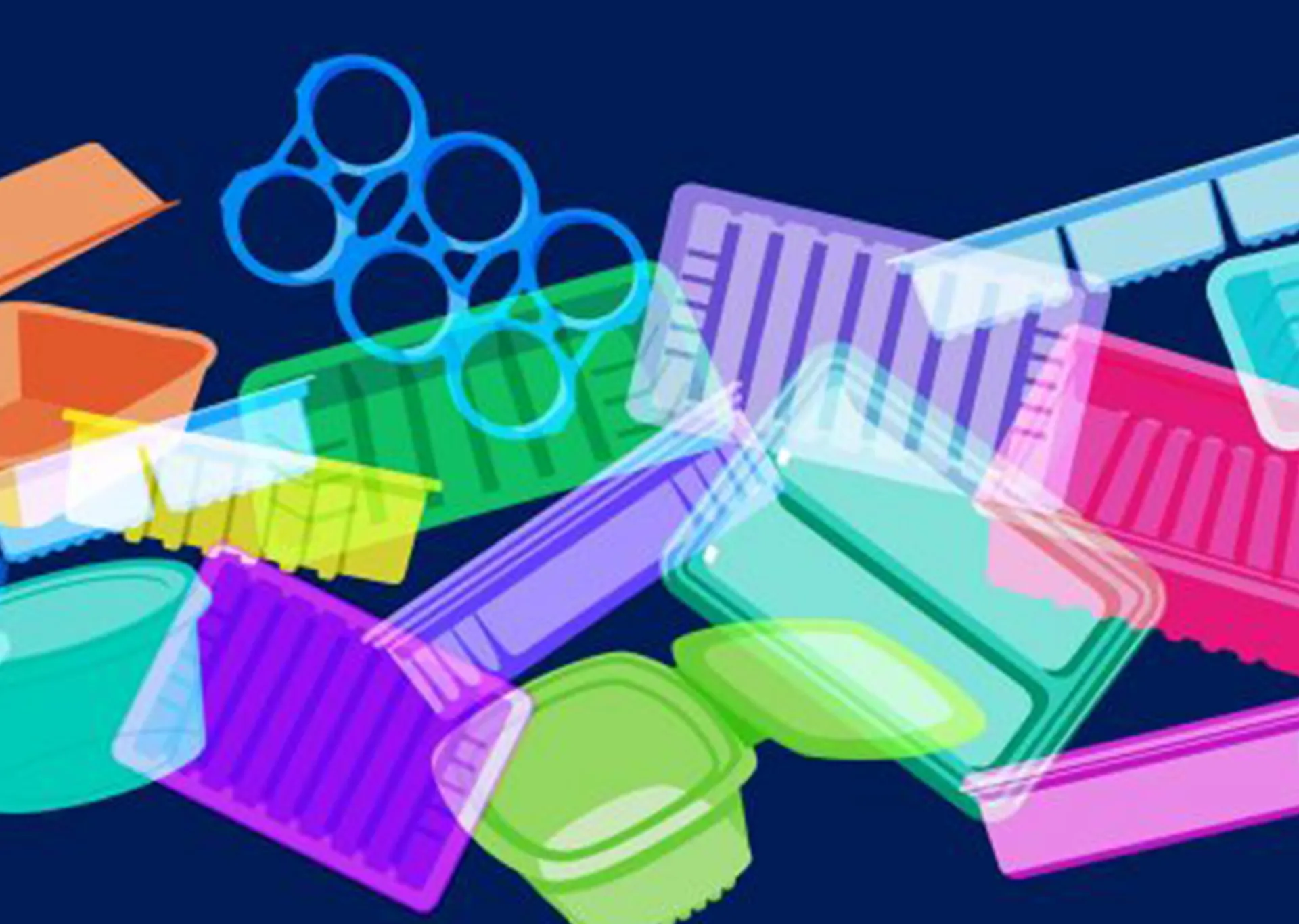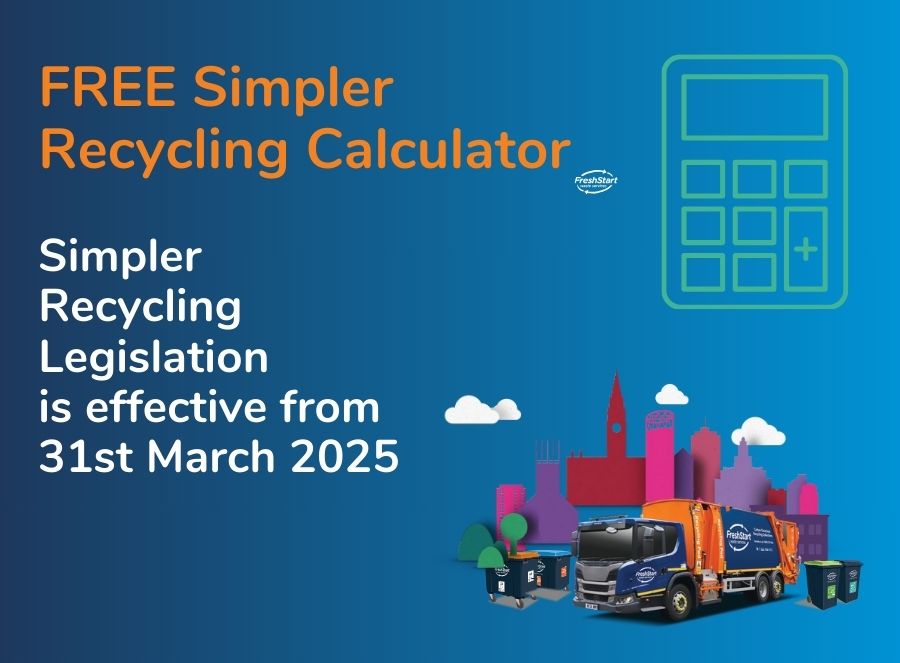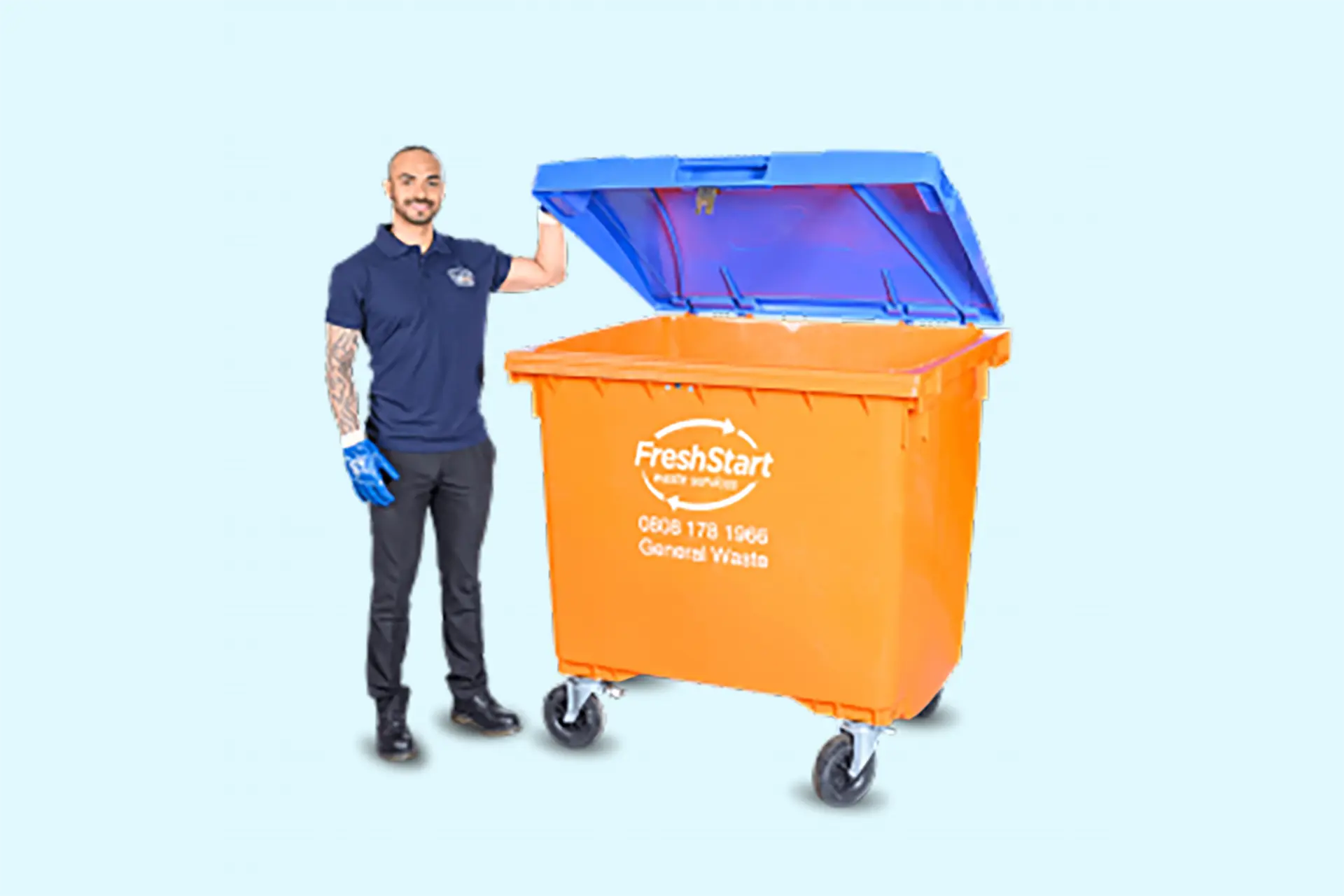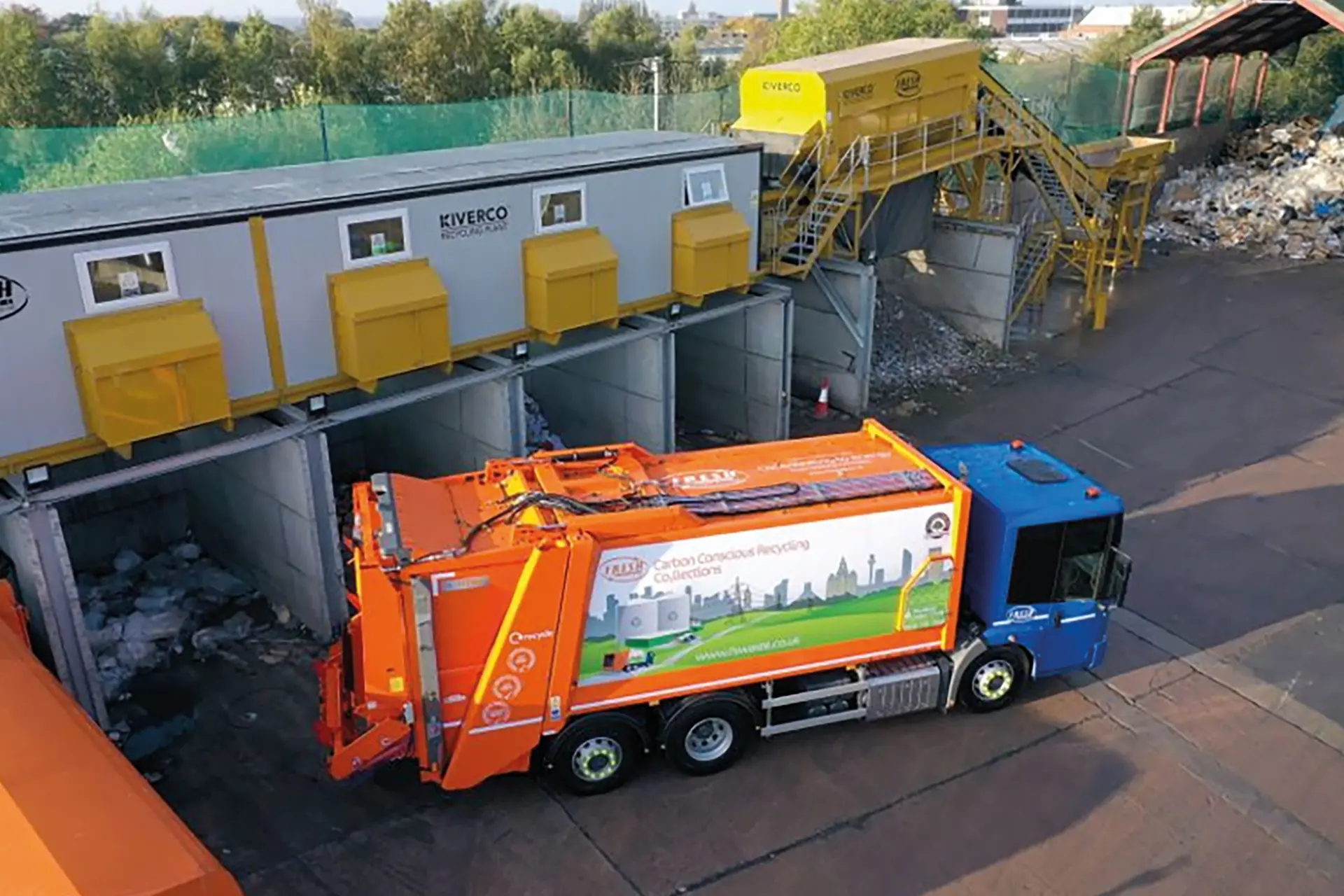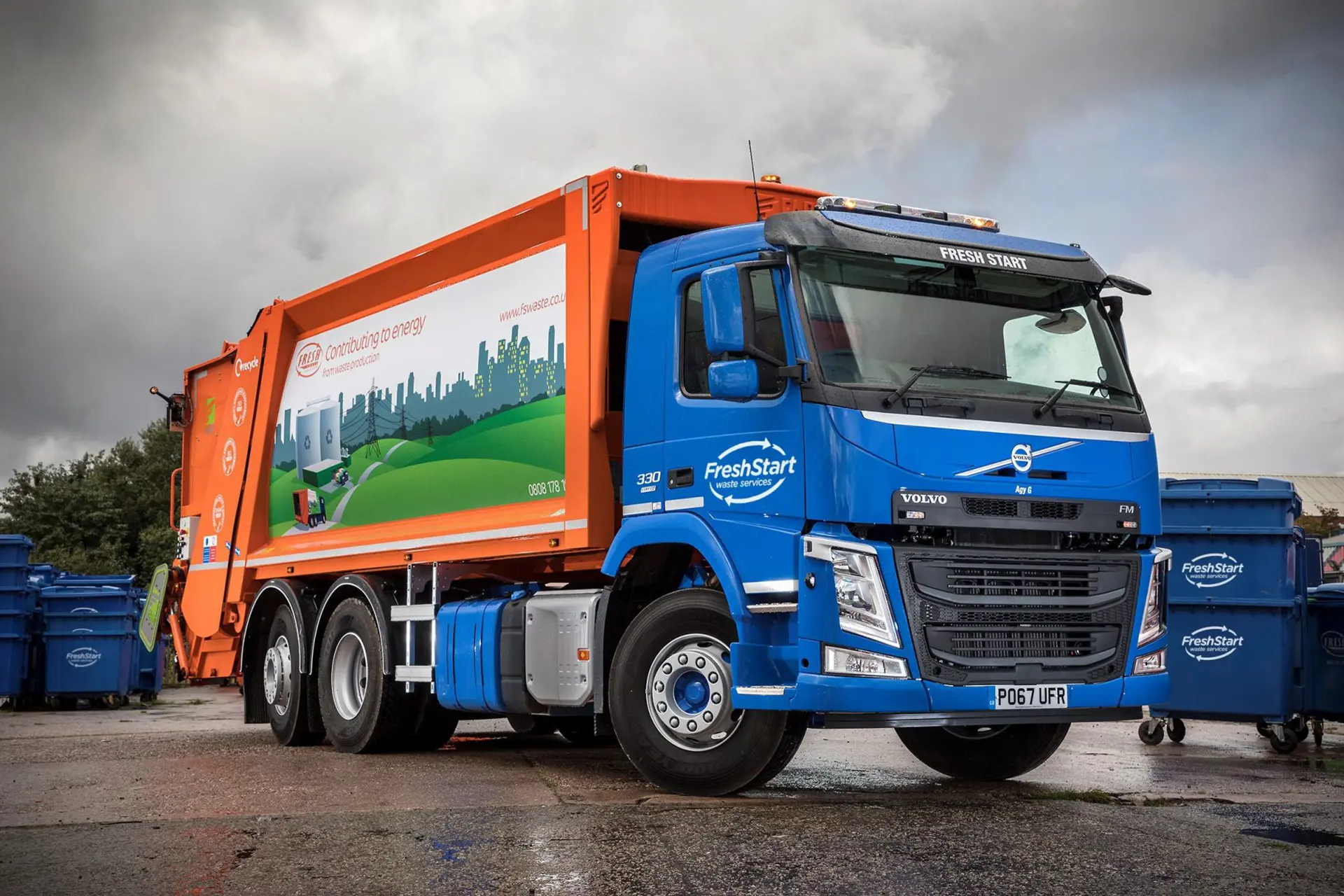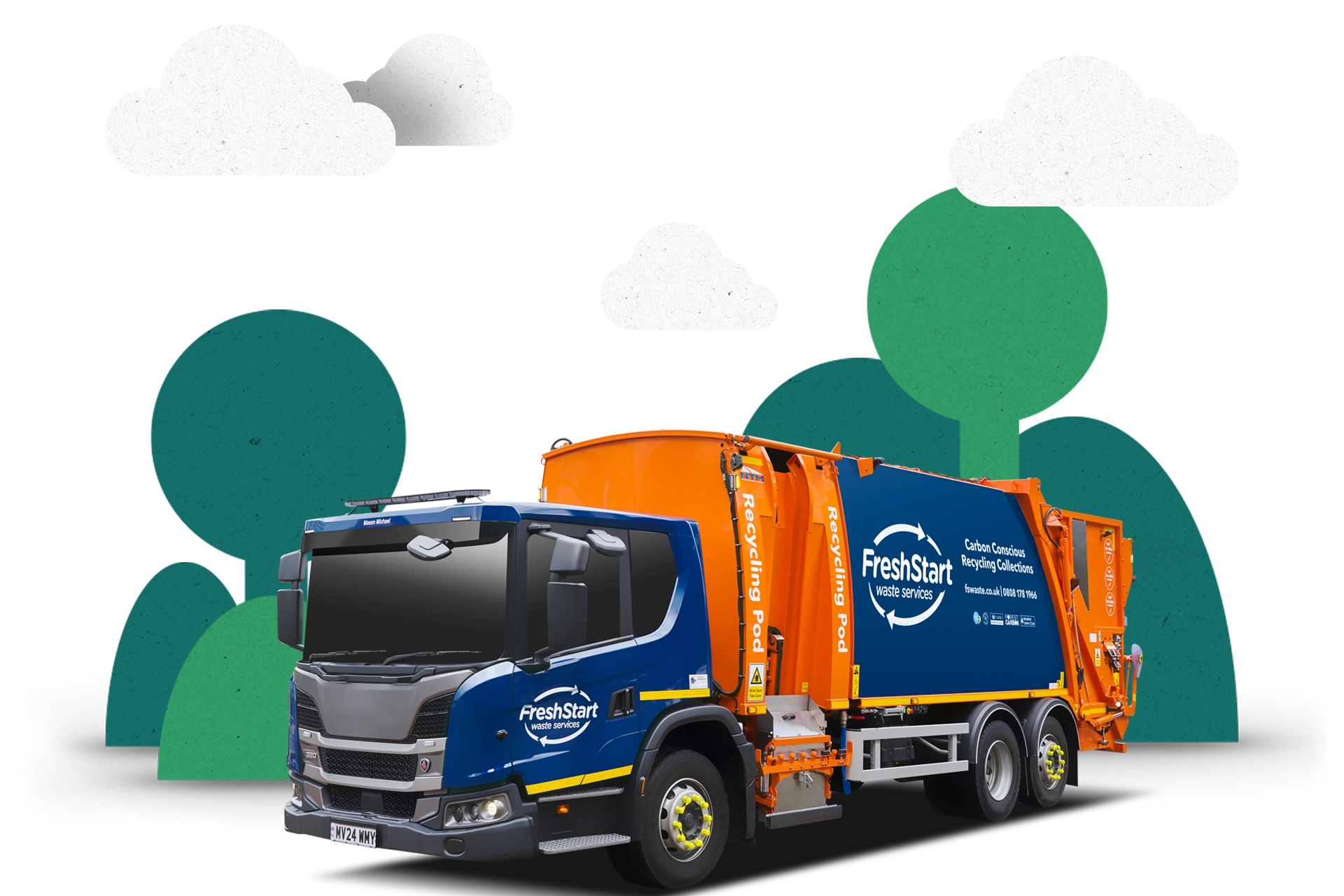The UK may not be on track to achieve its target and recycle half of all household rubbish by 2020.
Experts have voiced their concerns as cash-strapped local councils increasingly reduce their spend on recycling services. Last year, the Local Government information Unit (LGiU) reported that six in 10 councils cited adult social care and children and education services as the greatest immediate pressures, compared with one in 10 who said environmental and waste issues.
Added to that, millions of Brits are still unsure what can and cannot be recycled – as highlighted in a shock survey by Beyond the Box, a team of leading UK packaging companies. A third of those questioned admitted that they were unclear what to do with empty crisp packets and one in 10 did not know whether glass bottles can be recycled. This has lead to wish-cycling, when people put unrecyclable items into their recycling bins.
For companies who require commercial waste collections, understanding the importance of correct waste segregation is critical to cost-effectiveness, efficiency and meeting their responsibilities to the environment.
“In an ideal world, everything would be recyclable, but the truth is very few things can be,” says Colin Harvey, Commercial Director at Fresh Start Waste Services. “Even the recycling symbol itself – known as the ‘Mobius Loop’ – can be misleading. It simply means that with the right technology something could theoretically be recycled, but not every local recycling scheme has the facilities to do so.
“Our mixed recycling bins are intended for plastic bottles, cans and tins, paper and cardboard only; however, we find everything from clear and black plastic bags to batteries and electrical waste inside them. It’s what experts call ‘wish-cycling’ – throwing things away that you wish could be recycled. That is why part of our ongoing service is continual support and education to make informed choices about what to put into our bins.”


